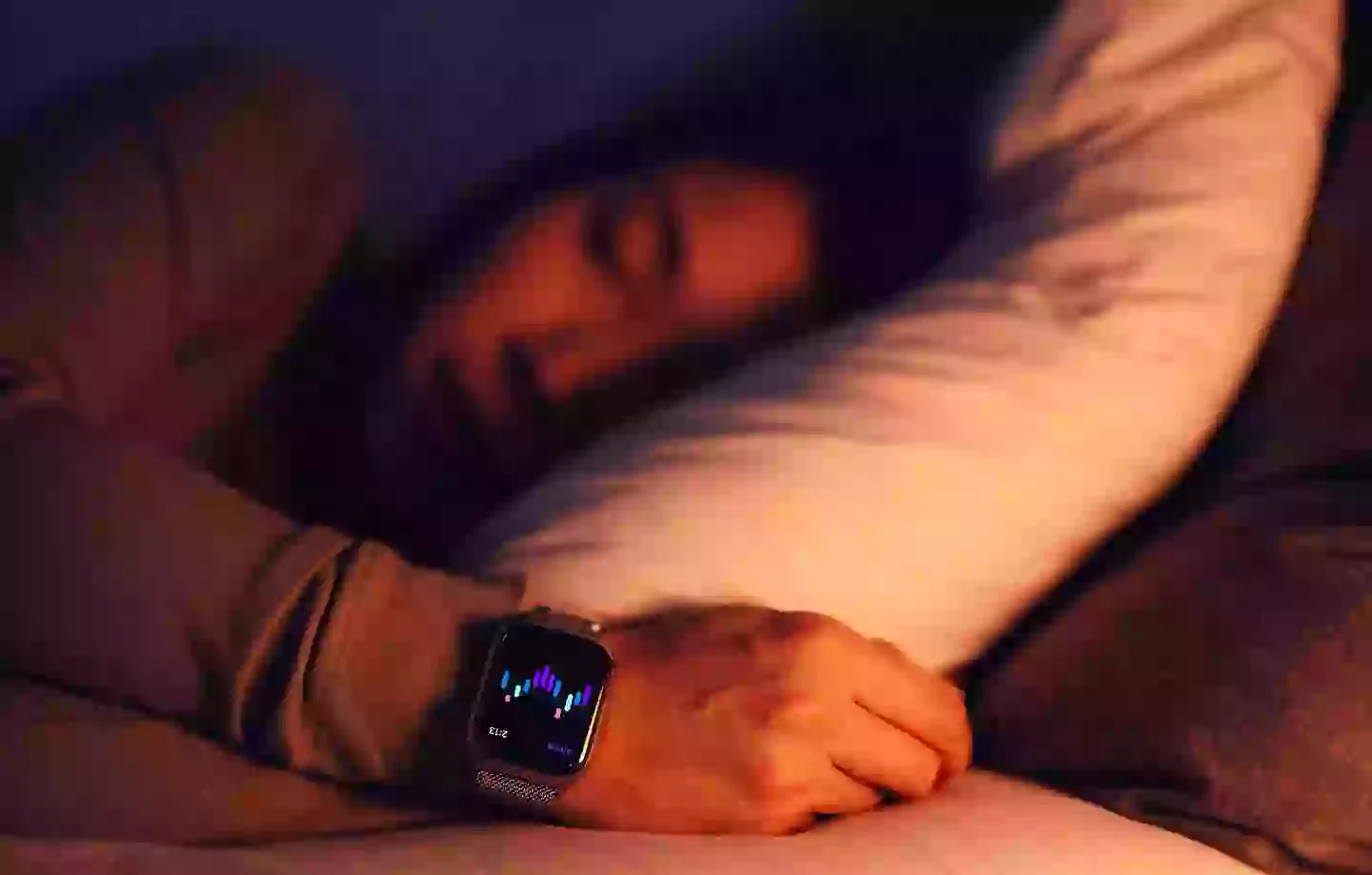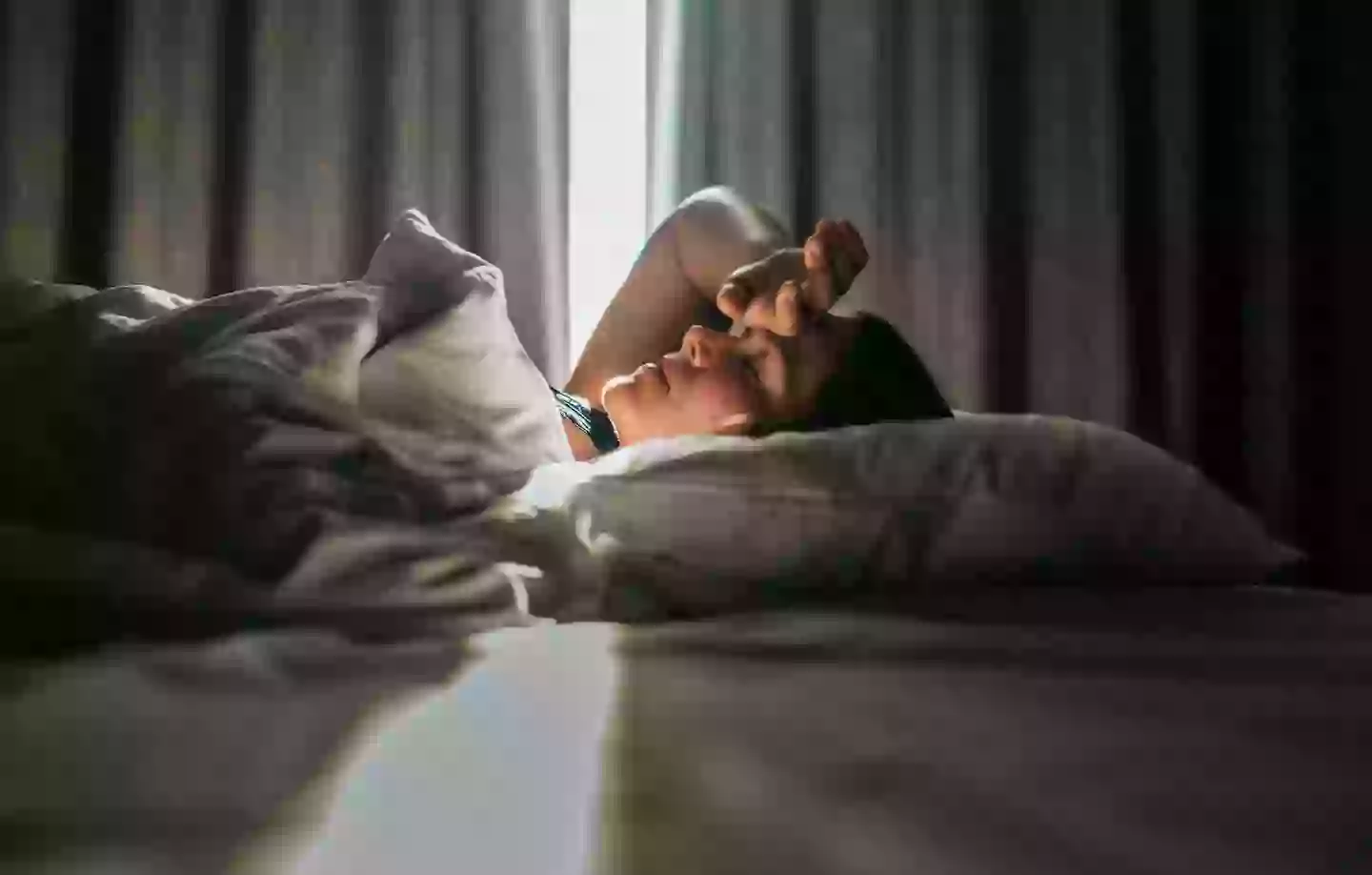Researchers at Stanford University have provided insights into the ideal time to switch off your lights for sleep to safeguard your mental health.
A survey involving nearly 75,000 middle-aged and older adults in the UK examined the effects of going to bed and rising early versus staying up late and rising late on mental health.
The findings, published in Psychiatry Research last year, asked participants about their preference for being morning or evening types—whether they prefer early bedtimes and wake times or staying up and waking up later.
“Among the 73,880 participants, 19,065 self-identified as morning types, 6,844 as evening types and 47,979 as somewhere in the middle,” Stanford Medicine reports.
The study also considered participants’ chronotypes, which are “natural preferences of the body for wakefulness and sleep,” according to the Sleep Foundation.
Participants wore monitors to track their sleep and activities over a week, categorizing their sleep behaviors into three groups: the earliest 25% as ‘early sleepers,’ the middle 50% as intermediate, and the latest 25% as late sleepers.
This method was used instead of specific times as perceptions of what constitutes ‘early’ or ‘late’ can vary among different groups, such as college students who might not consider a 1am bedtime late.
Researchers then correlated these sleep patterns with the participants’ mental health records.

Although some claim to be ‘night owls’ who perform better at night, preferring later bedtimes and wake times, the study indicated that such routines might not be as beneficial as believed.
Stanford Medicine points out: “When the researchers analyzed the data, they were surprised to find that aligning with one’s chronotype was not the best choice for everyone’s mental health. It was better, in fact, for night owls to lead a misaligned life.”
“[…] The results were clear – both morning types and evening types who went to sleep late had higher rates of mental health disorders, including depression and anxiety.”
The recommended latest time to sleep, regardless of being an early or late person, is by 1am.
What are the consequences of not following this recommendation?

According to Jamie Zeitzer, professor (Research) of Psychiatry and Behavioral Sciences and senior author of the study, the ‘worst-case scenario’ was for those staying up late.
Compared to those on an intermediate or early sleep schedule, late sleepers had a 20 to 40 percent higher likelihood of a mental health diagnosis.
The study mentioned, “Evening types who followed an earlier schedule fared better. Morning types who followed a later schedule suffered, but not too much.”
Zeitzer concluded, “We found that alignment with your chronotype is not crucial here, and that really it’s being up late that is not good for your mental health.”
It’s unsurprising that early risers tend to have better mental health.
However, Zeitzer admits it’s still unclear why late-night habits impact mental health negatively.

He speculates that ‘morning people who are up late are quite cognizant of the fact that their brain isn’t working quite right, so they may put off making bad decisions,’ whereas evening people might think they’re making ‘great decisions’ at odd hours, with substance use being more likely then.
What if your natural tendency is to stay up late?
You’ll need to gradually adjust your routine. Start by going to bed a little earlier each night and waking up in time to get some sunlight.

